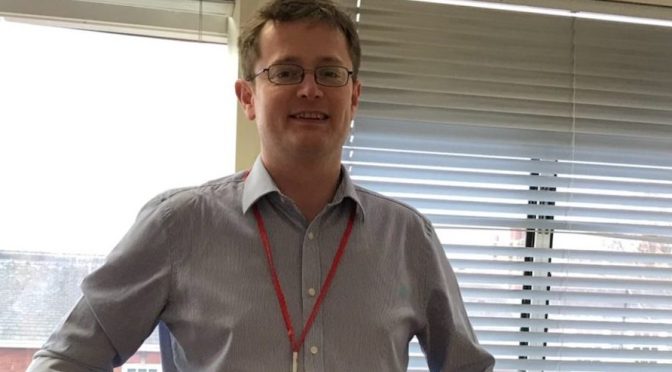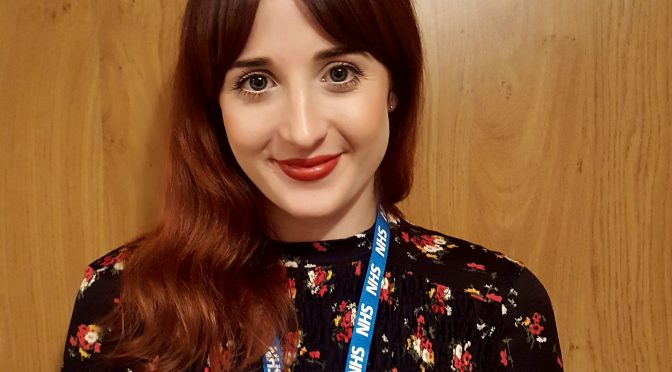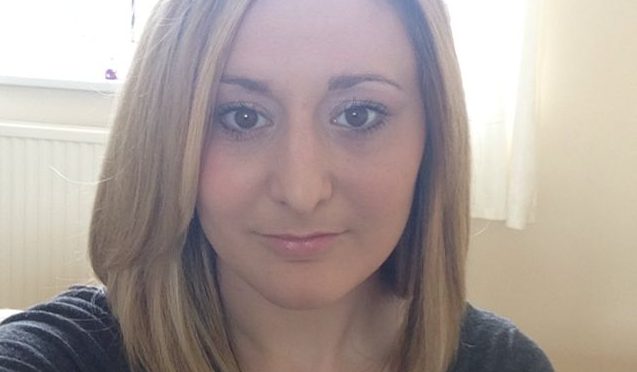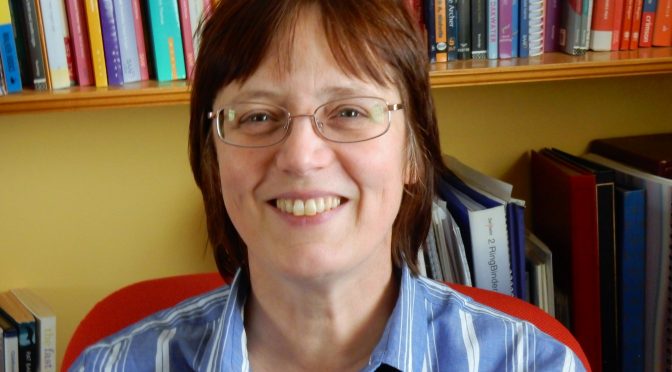What is your role, describe a typical day?
I am the Associate Lead Professional for Lincolnshire County Council Adult Care and I’m proud to say I’m a Social Worker having qualified in 2010. My role now is very much about providing a link between front line Adult Care practice and organisational development. On a day to day basis I promote a culture of continuous improvement in the quality of Social Work practice. This can include working with practitioners and colleagues to develop Policy and procedures that shape the way we work.
Why did you choose to do the leadership and mentoring module?
One of the biggest changes I’ve seen as a Social Worker is the Care Act, which I believe is a real opportunity for Social Work to be more than just about assessing needs but supporting people to lead good lives by realising their own strengths/assets and connect with their communities. To achieve this shift I wanted to develop my leadership skills and understand more about organisational culture and how to influence change. I’m passionate about making a difference and to do this I need to be able to influence others both practitioners and senior managers in the organisation. The leadership and mentoring module covered all of the things to help me to achieve this.
Did it give you what you were looking for and if not what was missing? How has the leadership and mentoring module impacted on how you work. Please give examples.
Yes absolutely, you don’t often get ‘Eureka’ moments where the way you think really shifts, but that happened for me. I understand much more about the culture within the organisation and how to manage and influence change at all levels. Some of the key things I’ve applied in my work are; the need to be clear about the values that underpin changes so that people can see the benefits of change, develop a sense of purpose and showing how the new ways of working are making a positive difference.
The learning and assignments on the module gave me the opportunity to question how and why we do things the way we were and to start a project to develop a ‘lean’ thinking culture within the Adult Care. Ultimately, the hope is that this will free practitioners up to spend more time doing direct work with citizens.
Do you think it will help you if you want to progress in the service?
Yes the module enabled me to reflect on what I did well already in my role and what I needed to do differently moving forward. I’ve developed my leadership style and I am flexible in the approach that I take to help people reach their potential. I’m already seeing benefits through the feedback from my colleagues and managers. Now that I have completed the module the knowledge and skills I have acquired mean that I can apply for more senior management roles developing practice or in organisational development….I’m just waiting for the right role to come along!



